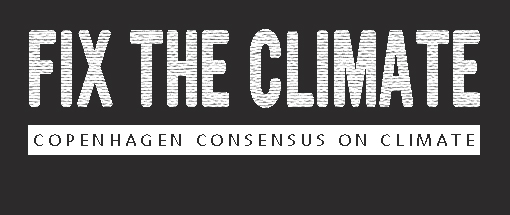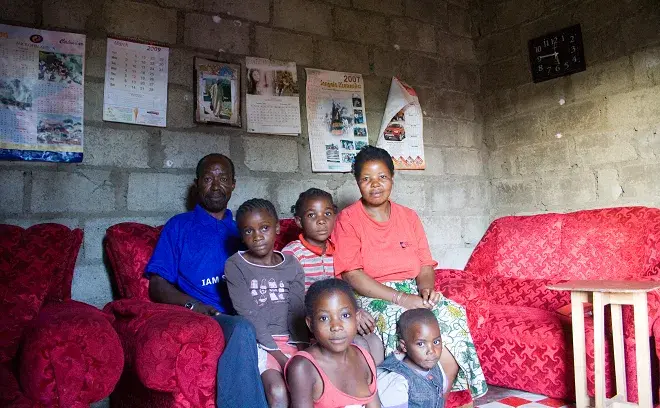John Mwila, Zambia
The British high commissioner to Zambia recently declared that Zambia is one of the “good countries” in the fight against global warming: a vulnerable nation that “hardly produced any of the greenhouse gases which are changing the world's climate”. Donor countries are offering Zambia money to help it prepare for the effects of climate change.
Inside the John Laing slum compound in the southwest of Lusaka, John Mwila, 54, believes the rich nations’ priorities are wrong.
“We are not thinking so much about global warming. The weather has changed since the seventies and eighties, but we want the money to be spent on the problems we have here,” he says.
Like 16 percent of adults in Zambia, John is HIV-positive. So is his wife. One of his eight children is HIV-positive, along with a grandchild. His eldest daughter died of the disease last year.
Recently a massive effort has made in-roads to the vast challenge of HIV-Aids. But the epidemic has not been beaten. In Zambia, more than 30,000 children will be born HIV-positive this year. This disease threatens every aspect of this nation’s development and security.
Treatment is inadequate. John must travel for three hours every two months to purchase anti-retroviral drugs. He cannot hold down a fulltime job because of his illness.
Research for the Copenhagen Consensus Center by Dean Jamison of the School of Medicine at the University of California, San Francisco finds that investing more on “combination prevention” holds great promise to tackle the epidemic. This involves simultaneous and substantial scaling up of condom distribution, treatment of sexually transmitted disease, male circumcision, and peer intervention among sex workers.
Jamison estimates that spending $2.5 billion would prevent two million HIV infections each year. Because of increased development and security, and a lower burden on fragile health systems, Jamison estimates the economic benefits would be 12 times higher than the costs.
In comparison, when fellow economists added up all of the environmental and economic benefits of spending $800 billion over 100 years combating climate change through reducing carbon emissions with taxes and trading systems, they discovered that each dollar would only achieve 90 cents of good, and rein in temperature increases by just 0.3 degrees Fahrenheit by the end of this century. In other words, the cost of this investment outstrips the benefits.
HIV-Aids is not the only challenge in John’s life – or the only area where donors could make a massive impact with relatively little money. John wants three, basic things for his community: clean water, schools and clinics. The John Laing compound houses 60,000 people without water supply or sanitation. Locals must buy dirty water from the local tap and pay the government to take their garbage. Human waste floods the broken streets in the rainy season. There are two schools in very poor condition, and parents must pay for their children to be educated. The only clinic is volunteer-run, and only offers basic services.
“The government is aware [of these problems], but it is not doing anything. It is the same with the foreign governments and NGOs,” says John.
John’s world is coming to an end and coming to an end soon. It seems more than a little self-indulgent that the western world purports to want to help the ones most vulnerable – the world’s many poor – yet focus almost exclusively on the strategy that will do the least to help John at the highest cost.
Zambia is, indeed, one of the “good countries” in the fight against climate change: it is not responsible for the gases that are warming the planet. But as John points out, it is also a victim of the rich world’s fixation with this one problem.
Researcher: Thor Hampus Bank


